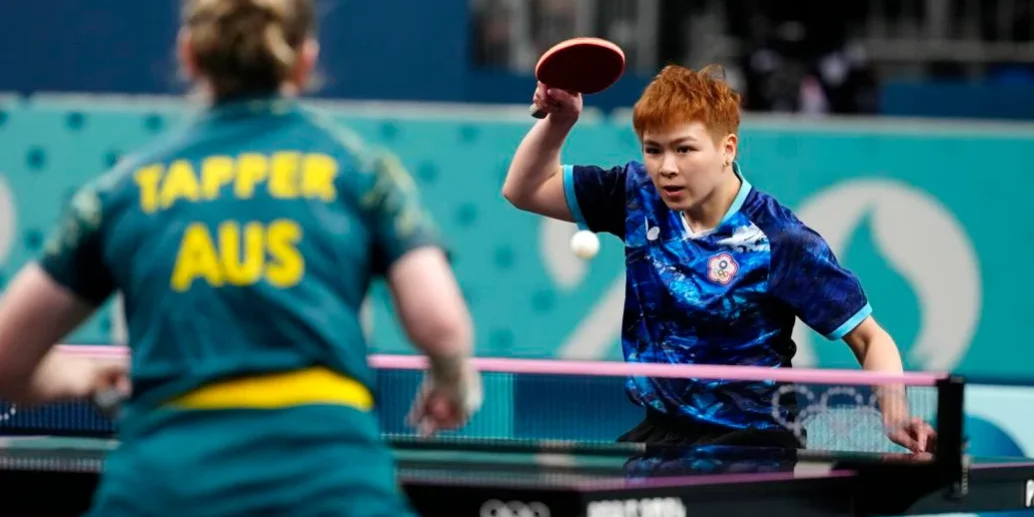The Olympics’ Toughest Act : Balancing Sports and Politics
Introduction
The Olympics have long been a stage for political expression, for athletes who take the opportunity. Some do, while others choose to focus strictly on their sport.
The athletes had lost. Their time in Paris was over. And they were, in this moment of defeat by a team from a political rival, not even allowed the comfort of their homeland’s name and flag.
To be an Olympian from Taiwan is to not exist, at least not officially. To placate China, the island competes at the Games under the awkward designation of Chinese Taipei. The intrusion of politics into sports forces the island’s athletes to engage in the kind of rhetorical gymnastics that might trip up a champion tumbler, and which bring aparticular sting when you are a table tennis player who has just been beaten by Team China.
“I’m only fighting for myself, through my own hard work,” said Taiwan’s Chen Szu-yu, substituting self for state on the Olympic stage.
Her teammate Chien Tung-chuan sidestepped the political discussion entirely, refraining from comment on Taiwan’s status at the Olympics.
“I cannot answer that question,” she said. “May I go?”
There is no arena more international than the Olympics. The United Nations General Assembly, that other grand global endeavor, excludes the territories, the itty-bitty islands and the not-quite nations that get to go to the Games. Puerto Rico, Palestine, Chinese Taipei — they all marched in the Olympic parade of nations, as did a refugee team whose 37 members were forcibly displaced from some of the very countries that competed alongside them in Paris.
But to accommodate such a diversity — North Korea and South Korea, Israel and Palestine, Armenia and Azerbaijan, China and Taiwan — the Olympic masterminds mandate that athletes should refrain from taking political stands. They imbue in a single sporting moment, the flight of a woman propelled by a springy pole or the revolution of a wheel in avelodrome, an inspirational expression of international unity. They romanticize an Olympic truce in which competitors lay down their weapons for the duration of the world’s greatest athletic contest.
But politics always interfere. At a badminton semifinal in which Taiwan was playing, security personnel confiscated ascarf with the word “Taiwan” on it. A pro-Taiwan fan had a poster in the shape of the island grabbed by another spectator. The Ministry of Foreign Affairs of Taiwan decried such “violent behavior,” calling it antithetical to the Olympicspirit. (Taiwan went on to win badminton gold in men’s doubles, defeating China.) That Olympic spirit is supposed to float somehow in a bubble above the cut-and-thrust of global politics.
“We must be politically neutral but not apolitical,” Thomas Bach, the president of the
International Olympic Committee, said last year. “We should not make the mistake to raise ourselves to referees of political disputes because we will becrushed by these political powers.”
Copyright 2024. The New York Times Company. All Rights Reserved.
Contact us via email for more information.


